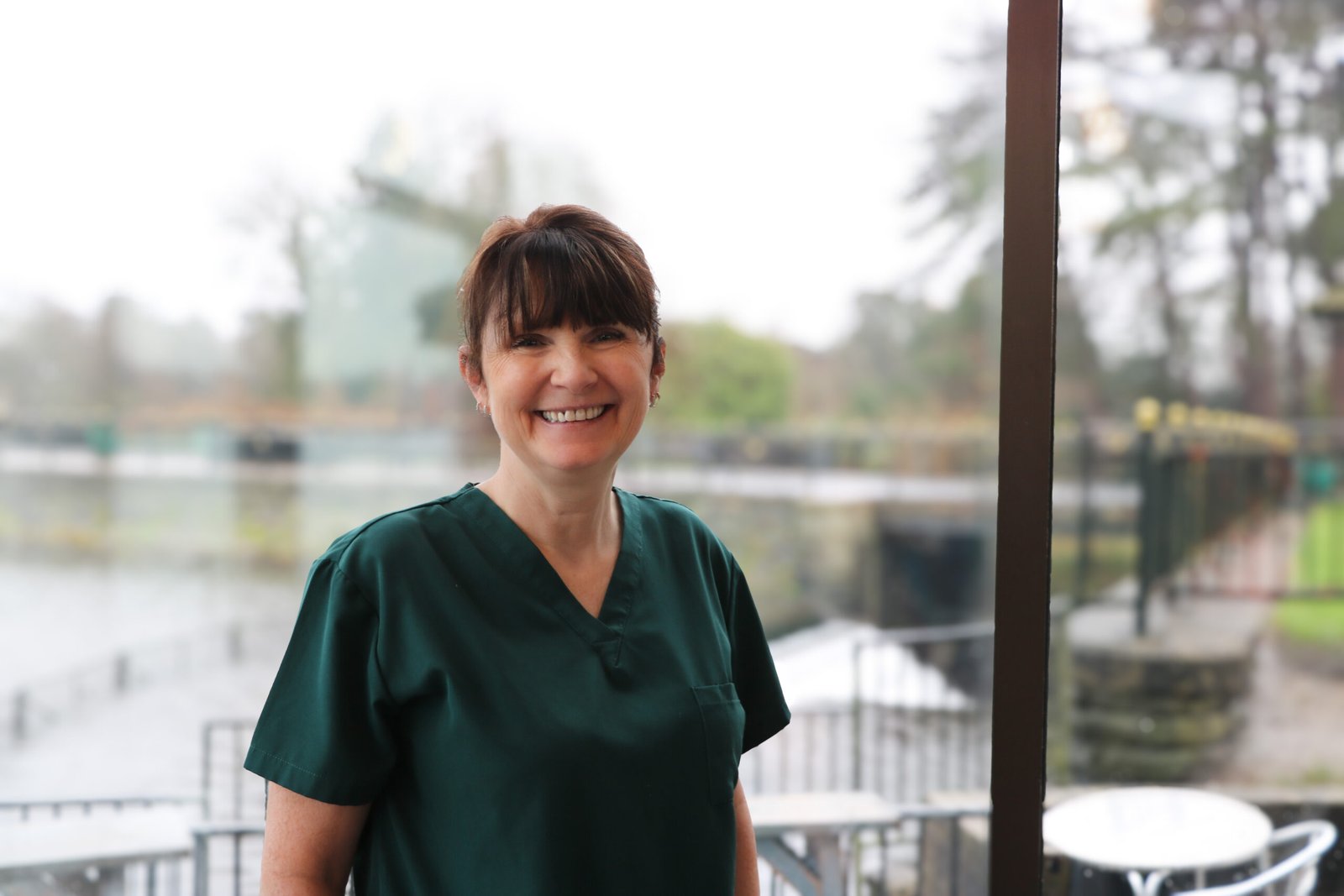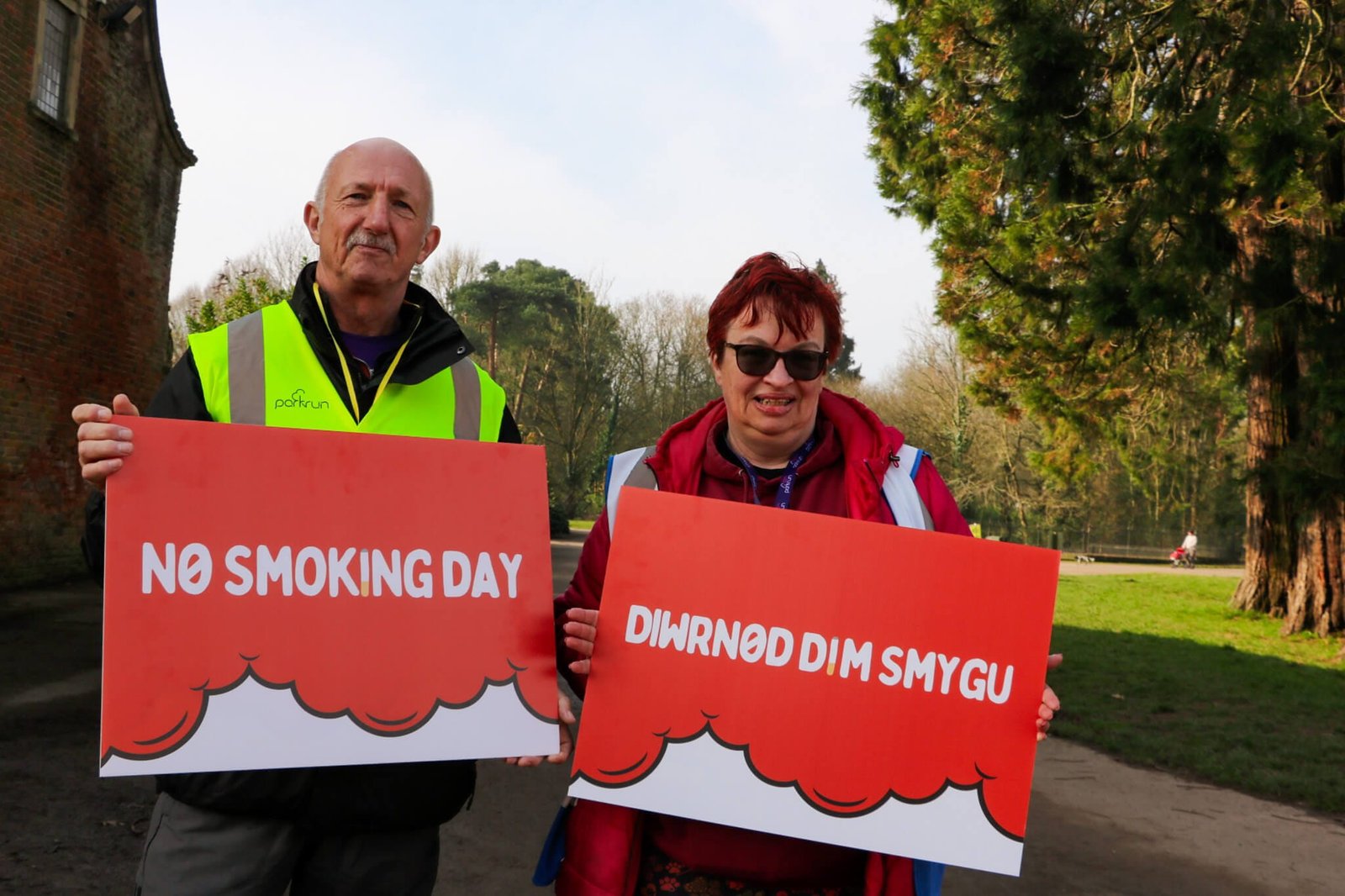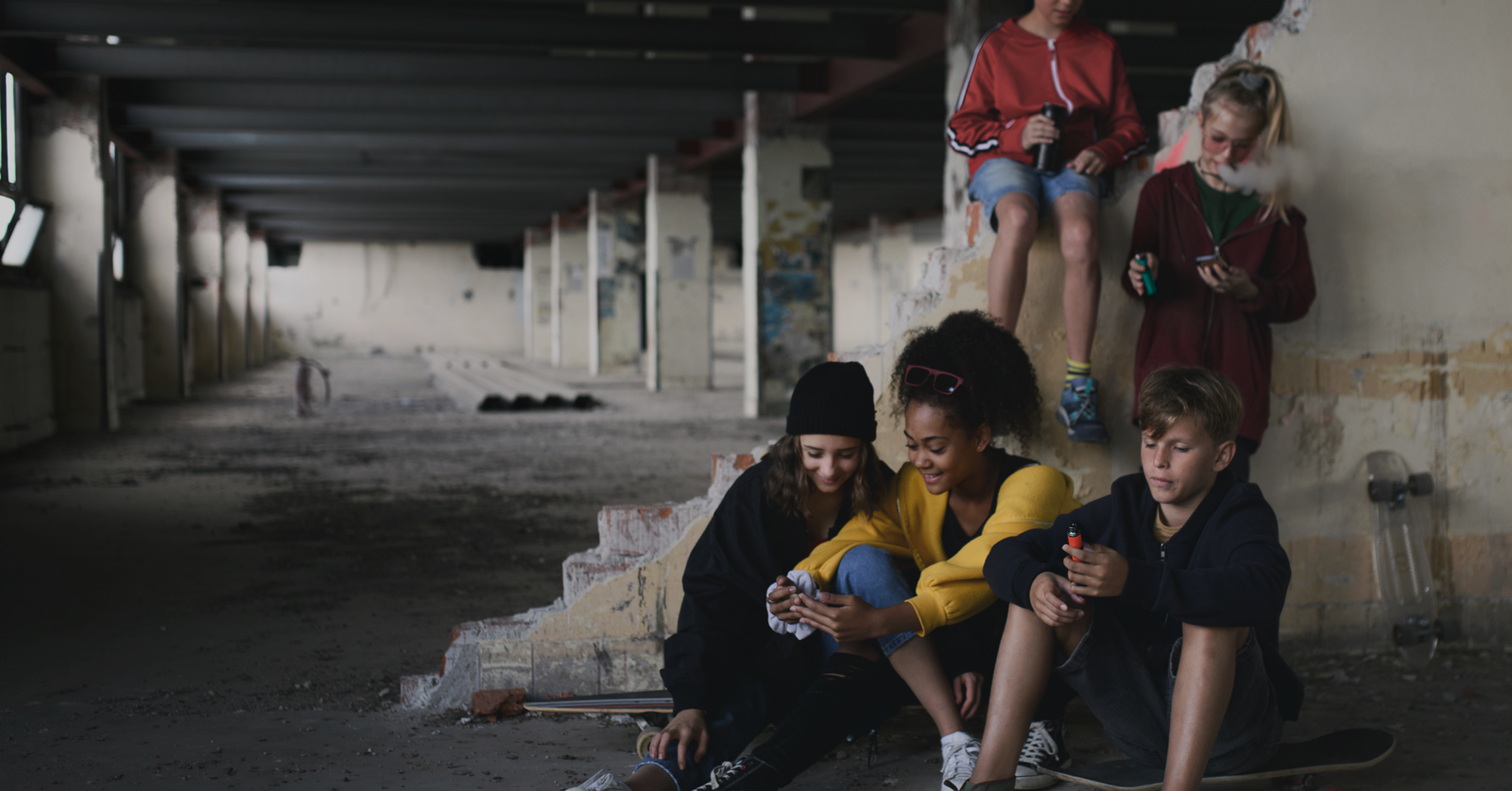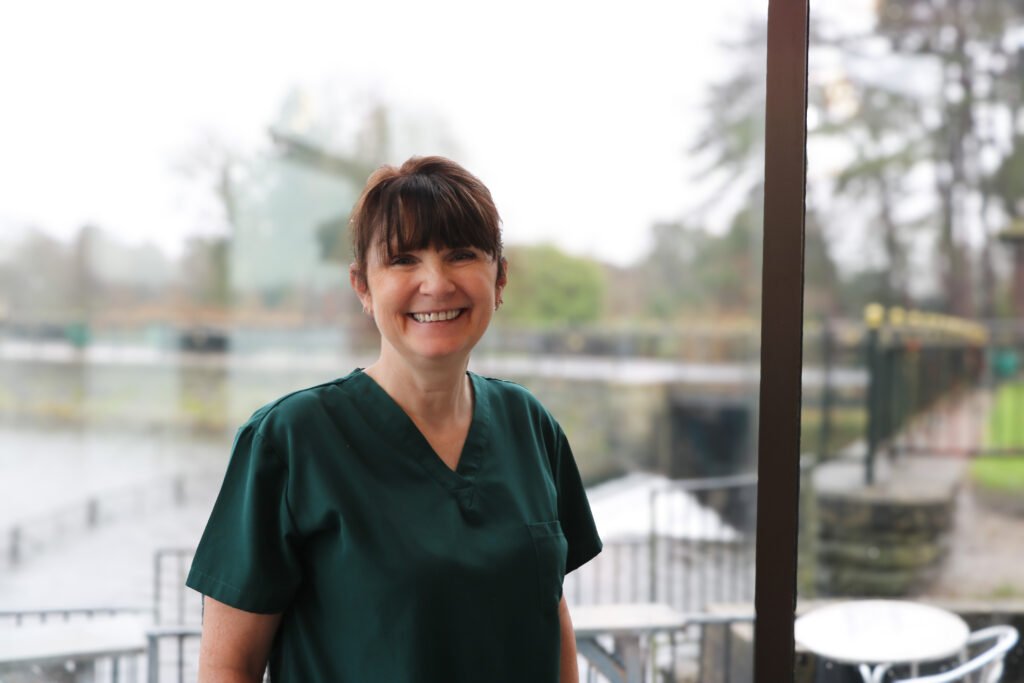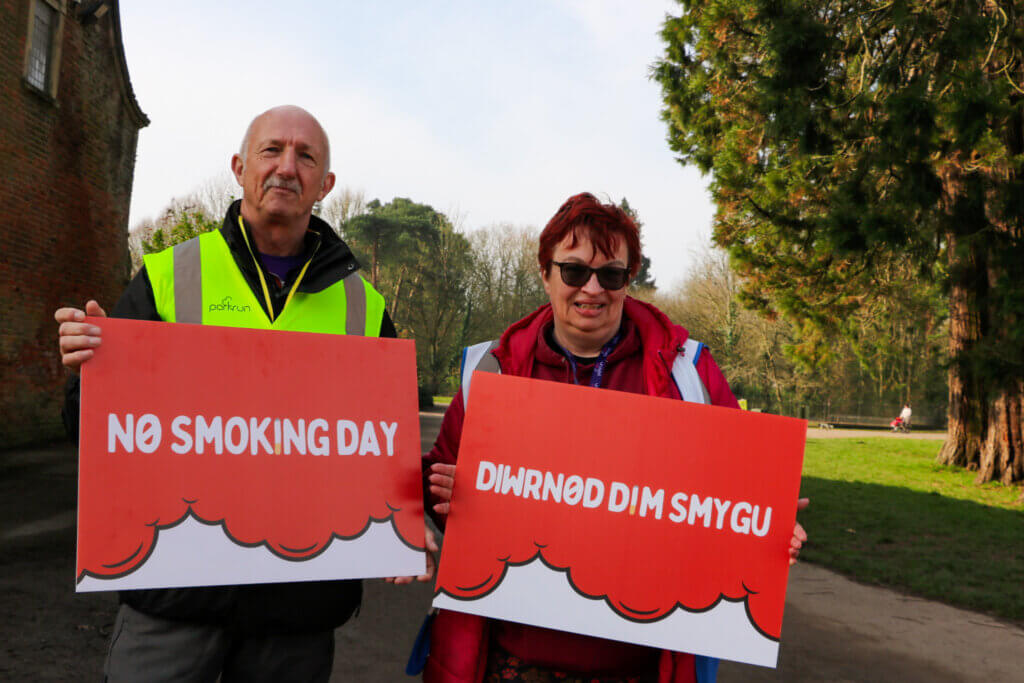A PROJECT that supports vulnerable families in Swansea has helped hundreds of young mums-to-be to quit smoking.
Jig-so, has achieved a 25% success rate in helping pregnant young women to quit the habit – protecting babies from potentially life-threatening health risks.
The project set up in 2016 between Swansea Council and Swansea Bay University Health Board, provides early intervention and support to young families facing challenges such as anxiety and depression, poverty, domestic violence, drug and alcohol addiction and homelessness.
Young pregnant women ranging in age from 14 to 25-years-old are referred to the service by their midwife and receive one-to-one home visits from the team throughout their pregnancy, attend group antenatal sessions then receive parenting support once their baby is born.
Meanwhile struggling young families, many of which rely on foodbanks for survival, are given crucial parenting support resulting in many children having been taken off the social services at risk register.
Giving advice on the benefits of quitting smoking is just one part of the team’s role, but it is one that midwife Julie Morgan feels is crucial, given both the health and financial benefits of giving up. She said: “We are very proud of what we have achieved in helping 25% of the young women we work with to give up smoking.
“When we meet them, we find that many of them are completely unaware of the harm it can cause to their babies. A lot of them come from homes where generations of their family still smoke and many of them buy and smoke contraband cigarettes because it’s cheaper and they get to buy twice as many.
“Many of them say they don’t want to give up because they want to have a small baby. Others say that if they try to quit it will stress the baby. But when we tell them what smoking can do to their health and their health of their babies they are shocked.”
According to Julie around 40% of the pregnant women the team supports smoke. They are given advice on quitting by their midwife throughout their pregnancy and regularly have their Carbon Monoxide levels monitored to see what progress they’ve made.
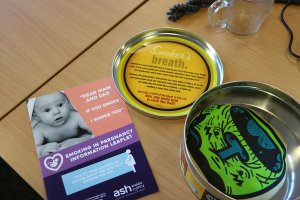 Smoking cessation advice also forms a key part of the group antenatal sessions the team provides, and they use a range of props to illustrate why it’s a good idea to quit, including a ‘chemical soup’ containing all the ingredients found in cigarettes, jars of tar, a set of smoker’s teeth and flipcharts of graphic images showing parts of the body affected by smoking.
Smoking cessation advice also forms a key part of the group antenatal sessions the team provides, and they use a range of props to illustrate why it’s a good idea to quit, including a ‘chemical soup’ containing all the ingredients found in cigarettes, jars of tar, a set of smoker’s teeth and flipcharts of graphic images showing parts of the body affected by smoking.
The team also emphasises the cost of smoking to the women, many of whom are already facing challenging financial circumstances, made worse by their smoking habit.
The most effective tactic however is to build up trust with their clients, said Julie: “It’s a very gradual process. But visiting them at home means we have a real opportunity to build a relationship with them.
“To build up that level of trust, we can’t just go into the first appointment and start talking about smoking straight away. We have to approach the subject in a sensitive way and make sure they don’t feel judged.”
As well as supporting mums-to-be to stop smoking, the team also provide smoking cessation advice to the women’s partners and to the young families they support. Their aim is to encourage families to have smoke-free homes and to protect to their children from the effects of second-hand smoke in particular, the risk of sudden infant death syndrome in new-born babies.
Thanks to their efforts, says Julie, none of the young parents they visit in their homes smoke around their children and those that struggle to quit are encouraged to at least smoke outside the home.
For the young women that do manage to quit the habit, however, the effects can be powerful, not only on their health but on their self-esteem, as Julie explains:
“Lots of the girls we work with feel they have never achieved anything in life. They have seldom been praised or encouraged for anything they’ve done and they feel so proud of themselves for quitting for the sake of their baby’s health and proving to themselves that they can do it.”

